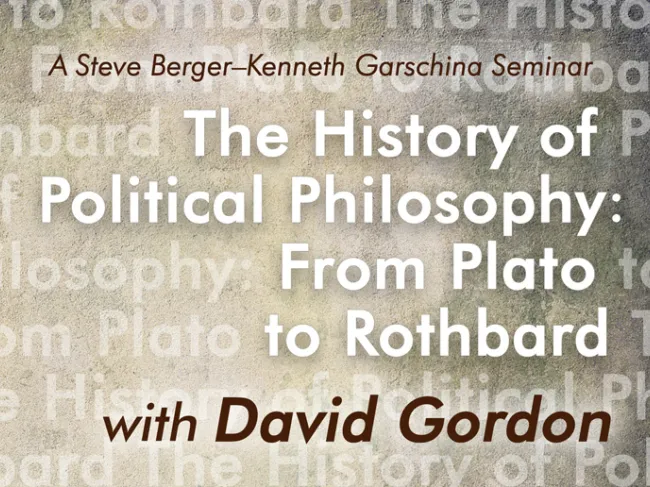9. John Rawls

John Rawls, 1921-2002, was the most influential figure among American philosophers. His first, and main, work, A Theory of Justice (1971), made him famous. It aimed to resolve the seemingly competing claims of freedom and equality.
Two additional books, Political Liberalism and The Law of Peoples, rounded out his liberal political philosophy.
His view was to maximize utility, although utilitarianism does not take into consideration the differences of individuals. He used a thought experiment he called the original position. It eliminated certain features, e.g. biases, allowing the person to deliberate behind a veil of ignorance. He knows only that he has the capacity to create a life plan, and he has the capacity to develop a sense of justice. Thus, each will deliberate in order to design a social structure that will secure him maximal advantage.
Rawls derives two principles of justice from the original position. The first is equal basic liberties for all citizens. The second answers how these gains are distributed among people without property rights. Everything is up for distribution. This second principle ensures that those with comparable talents and motivation face roughly similar life chances and that inequalities in society work to the benefit of the least advantaged. This is a topic of much debate.
Lecture 9 of 10 from David Gordon’s The History of Politcal Philosophy: From Plato to Rothbard.

